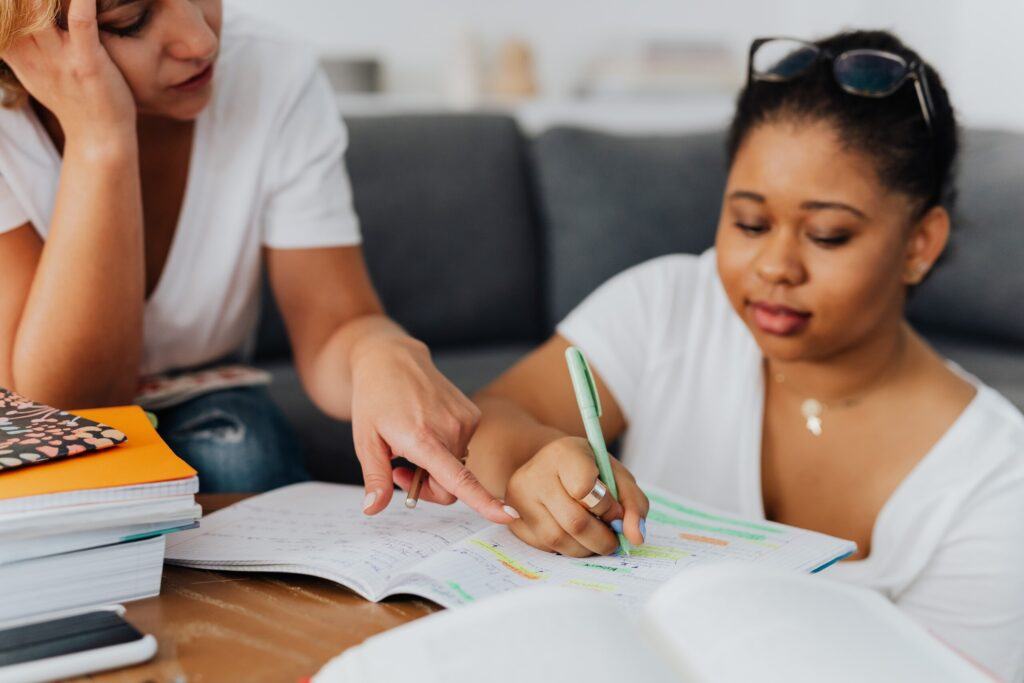Types of Psychotherapy and How They Help Manage Depression
- Category: Relationships
- August 9, 2019
Psychotherapy, also referred to as “talk therapy,” often helps people cope with grief, sadness, and various complex emotions. It may be completed on its own or in conjunction with medications or other therapies. Additionally, psychotherapy may be used to treat depression and other mental health disorders.
A typical psychotherapy treatment session lasts anywhere from 30 to 50 minutes. It enables a patient to share his or her feelings and thoughts with a mental health counselor. Meanwhile, a psychotherapy patient may attend treatment sessions over the course of several weeks, months, or years.
There is no shortage of psychotherapy options available, too. Some of the most common forms of psychotherapy include:
1. Couples Therapy
Couples therapy helps improve communication between partners. It enables participants to resolve past issues and improve their communication, as well as prevent future arguments over recurring issues. Couples therapy has been shown to help some couples improve sexual arousal, agree on the best parenting techniques for their children, and foster mutual respect in all aspects of their relationships.
2. Individual Therapy
Individual therapy involves a one-on-one meeting between a patient and a mental health counselor. At this time, a patient may discuss his or her thoughts and feelings with a mental health counselor. Or, art therapy or other alternative forms of individual therapy may be used to help an individual cope with depression or other mental health disorders.
3. Play Therapy
Play therapy is often available to children ages 3 to 11 who are coping with emotional stress or trauma. It encourages children to communicate with one another, along with building communication and problem-solving skills. That way, kids can use play therapy to develop the communication and coping skills they need to thrive in social situations.
4. Group Therapy
Group therapy involves discussions between individuals facing common problems. It is usually led by a mental health counselor who creates a safe and respectful environment for all participants. Also, group therapy patients can share their thoughts and feelings with one another without having to worry about shame or embarrassment.
5. Cognitive Behavioral Therapy (CBT)
CBT generally involves working with a mental health counselor to understand negative thinking that causes depression. It also helps patients identify ways to manage stressful situations that otherwise contribute to depression symptoms. Like other forms of psychotherapy, CBT may be conducted on its own or in conjunction with other depression treatments. To begin CBT, it is important to find a qualified mental health counselor who understands the challenges associated with depression. With support from a qualified mental health counselor, a patient can identify and address depression symptoms, as well as explore ways to manage these symptoms both now and in the future.
6. Interpersonal Psychotherapy (IPT)
IPT was originally intended to treat depression. Today, IPT is still used to address depression symptoms, as well as help patients improve the quality of their interpersonal relationships. IPT uses an evidence-based approach to address social isolation and other problems that lead to unfulfilling relationships. Furthermore, IPT is sometimes used to help patients address unresolved grief or retirement, divorce, or other difficult life transitions. IPT may also be used to help patients dealing with conflicting expectations from peers, partners, or family members.
7. Dialectical Behavior Therapy (DBT)
DBT helps patients understand painful emotions and conflict in relationships — and find ways to manage these issues. It often focuses on four areas: mindfulness, distress tolerance, emotion regulation, and interpersonal effectiveness. As a result, DBT frequently helps patients discover ways to stay present in the moment and learn to tolerate negative emotions. DBT also enables patients to develop the skills they need to manage their emotions, as well as maintain strong relationships built on trust and communication.
8. Psychodynamic Therapy
Psychodynamic therapy is commonly used to help patients who feel hopeless and have lost meaning in their lives. During a psychodynamic therapy patient, a mental health counselor may ask a patient to speak freely and share any issues, fears, desires, or dreams. This sometimes helps a patient understand his or her own talents, leading to increased self-esteem. It may help a patient change his or her behaviors, and ultimately, alleviate symptoms associated with depression and other mental health disorders.
Which Psychotherapy Option Helps Patients Alleviate Their Depression Symptoms?
Many psychotherapy treatments are available, but there is no one-size-fits-all option to accommodate all patients, at all times. Thus, it is paramount for an individual dealing with depression to meet with a mental health counselor to determine which psychotherapy option can deliver optimal results.
A mental health counselor is happy to meet with an individual, learn about his or her depression symptoms, and offer a personalized psychotherapy recommendation. Then, a counselor and patient can work together to begin therapy sessions. And over time, a patient can get the help he or she needs to overcome depression.
At Headlight, we offer psychotherapy and other mental health and wellness services designed to treat depression symptoms. We are available to meet with individuals dealing with depression to help find a safe and effective treatment that delivers long-lasting results.
To schedule a free consultation with Headlight, please contact us today at 800-930-0803.



